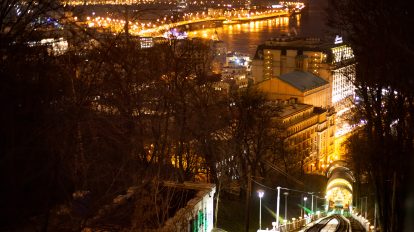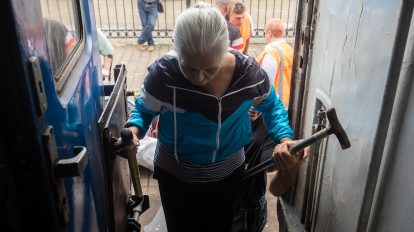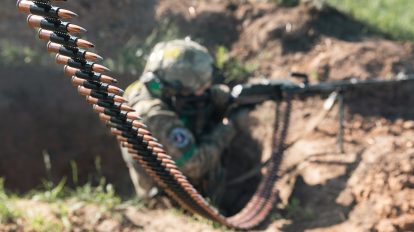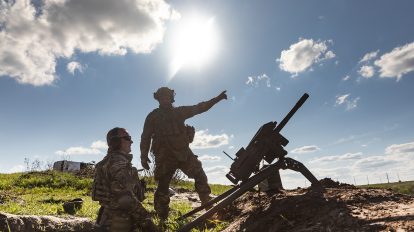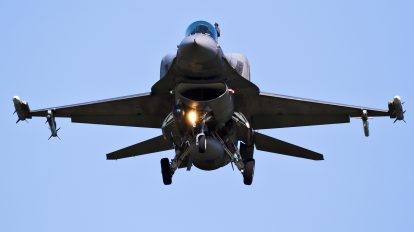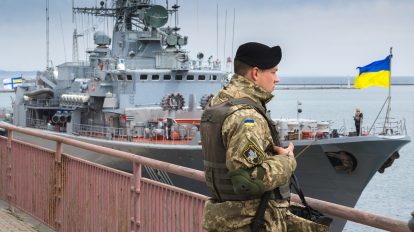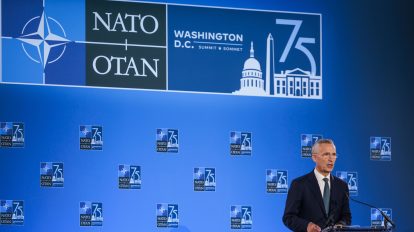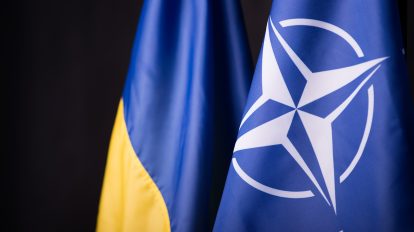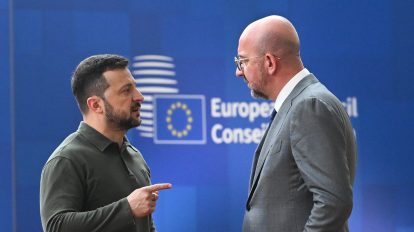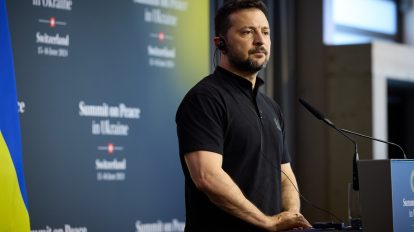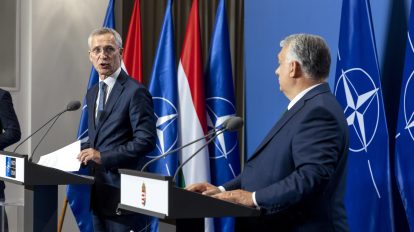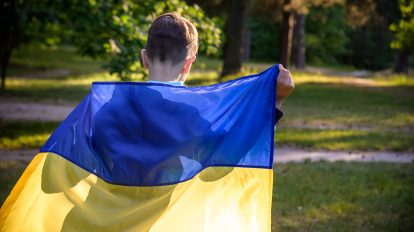Catch up quickly with the stories from Central and Eastern Europe that matter, this week led by news of Ukraine’s struggle to keep the lights...
Emerging Europe This Week
Catch up quickly with the stories from Central and Eastern Europe that matter, this week led by news of Russia closing in on the Ukrainian town of...
Catch up quickly with the stories from Central and Eastern Europe that matter, this week led by news of Ukraine’s ongoing advance inside...
Catch up quickly with the stories from Central and Eastern Europe that matter, this week led by news of Ukraine’s surprise advance inside...
Catch up quickly with the stories from Central and Eastern Europe that matter, this week led by news of delivery of the first F-16 fighter jets to...
Catch up quickly with the stories from Central and Eastern Europe that matter, this week led by news of Ukraine’s ongoing overtures to both...
Catch up quickly with the stories from Central and Eastern Europe that matter, this week led by news of the Russian Navy reportedly withdrawing its...
Catch up quickly with the stories from Central and Eastern Europe that matter, this week led by news of NATO’s summit in Washington and its...
Catch up quickly with the stories from Central and Eastern Europe that matter, this week led by news of a major blow to Ukraine’s NATO...
Catch up quickly with the stories from Central and Eastern Europe that matter, this week led by news of both Ukraine and Moldova beginning EU...
Catch up quickly with the stories from Central and Eastern Europe that matter, this week led by news of a major Ukraine peace conference in...
Catch up quickly with the stories from Central and Eastern Europe that matter, this week led by news of a major compromise at NATO that is likely to...
Catch up quickly with the stories from Central and Eastern Europe that matter, this week led by news of major Ukraine peace summit taking place in...

